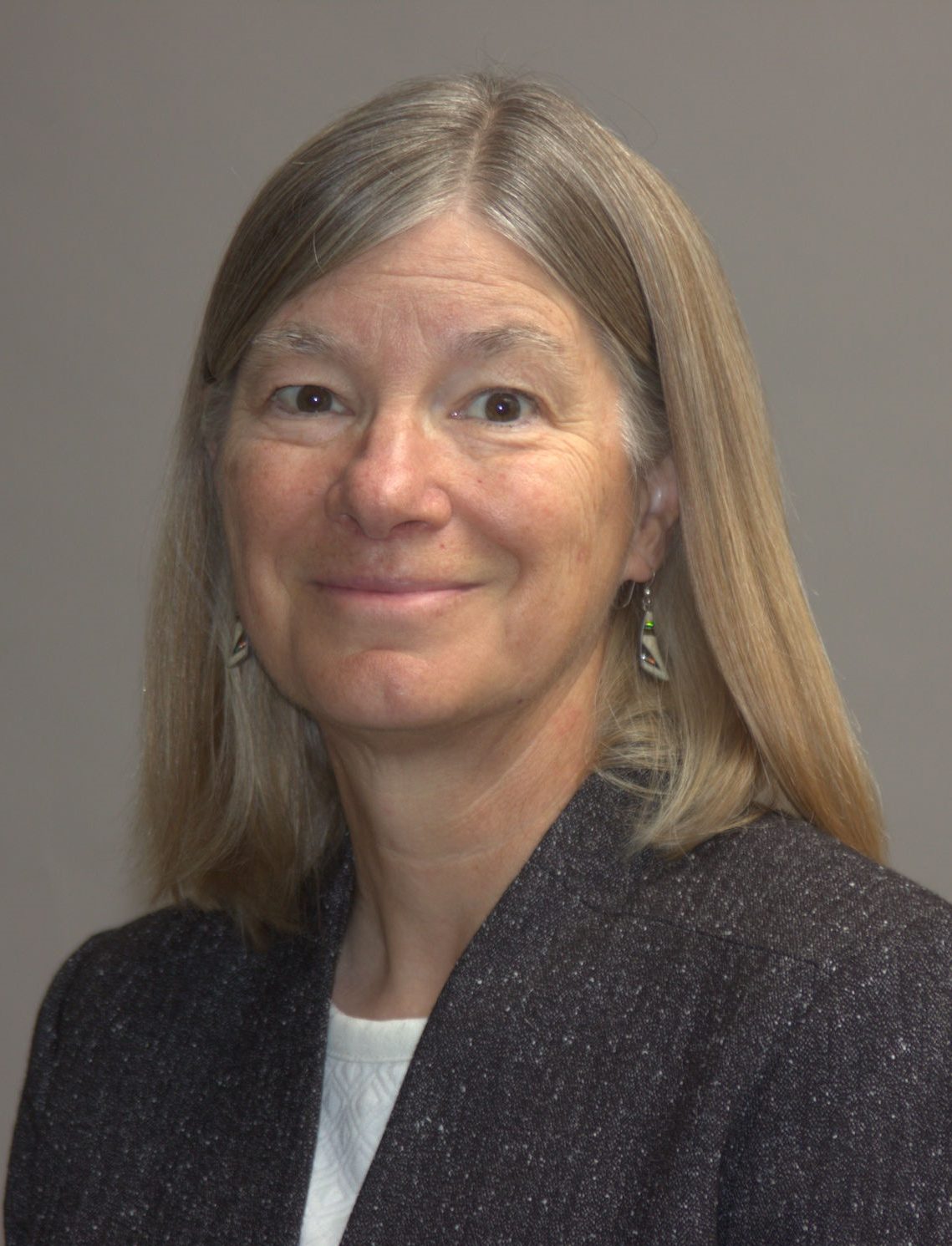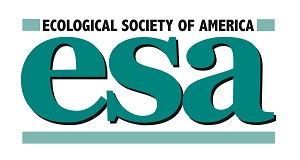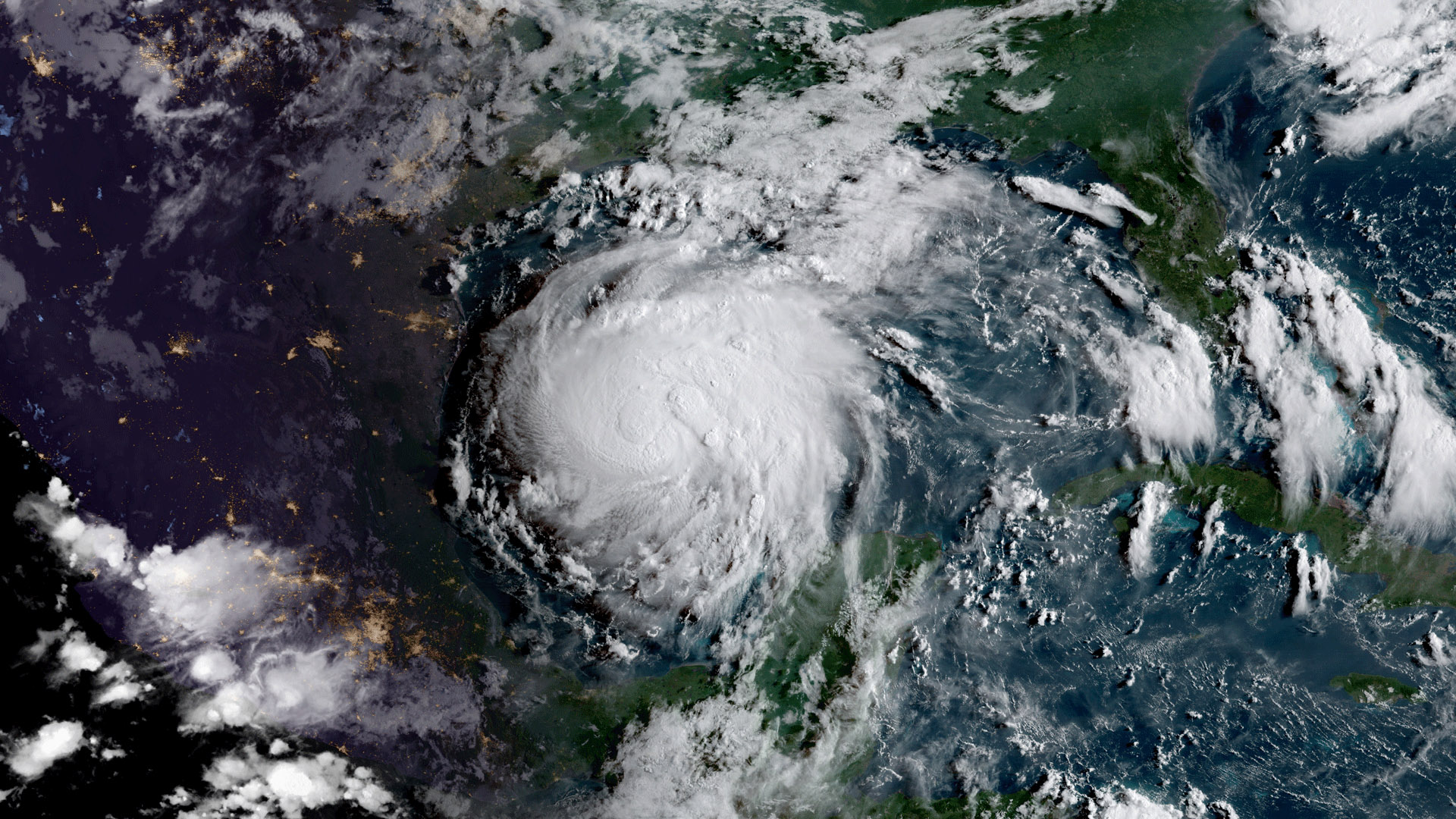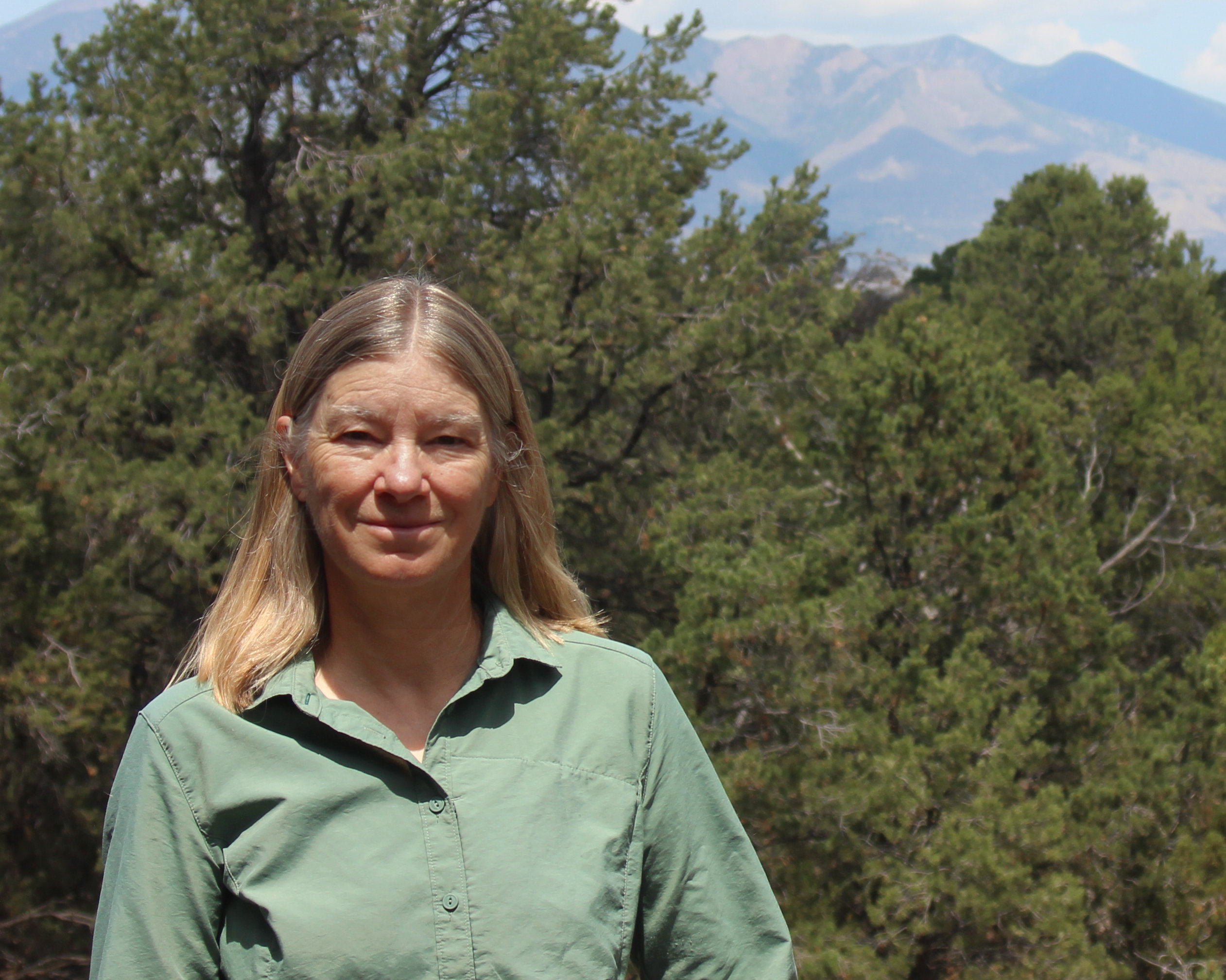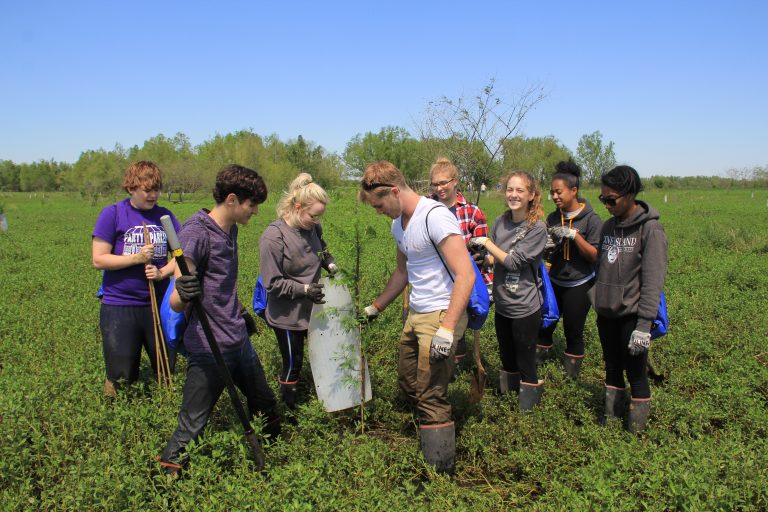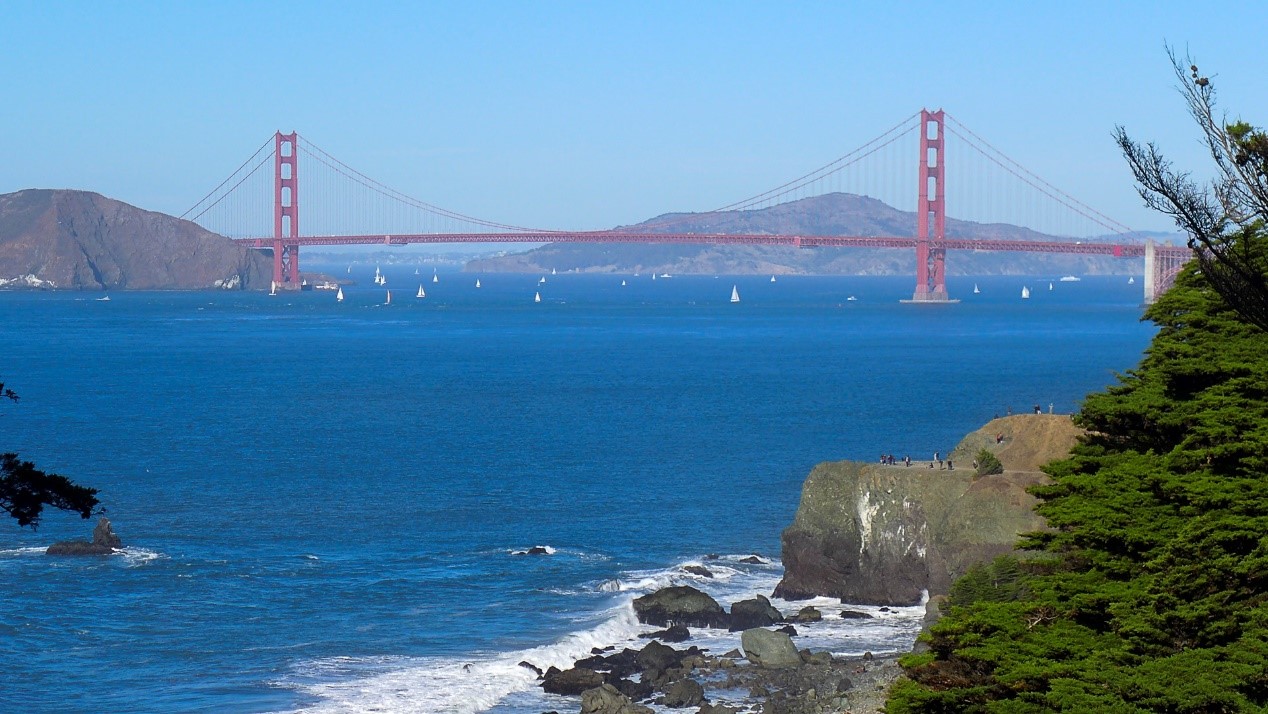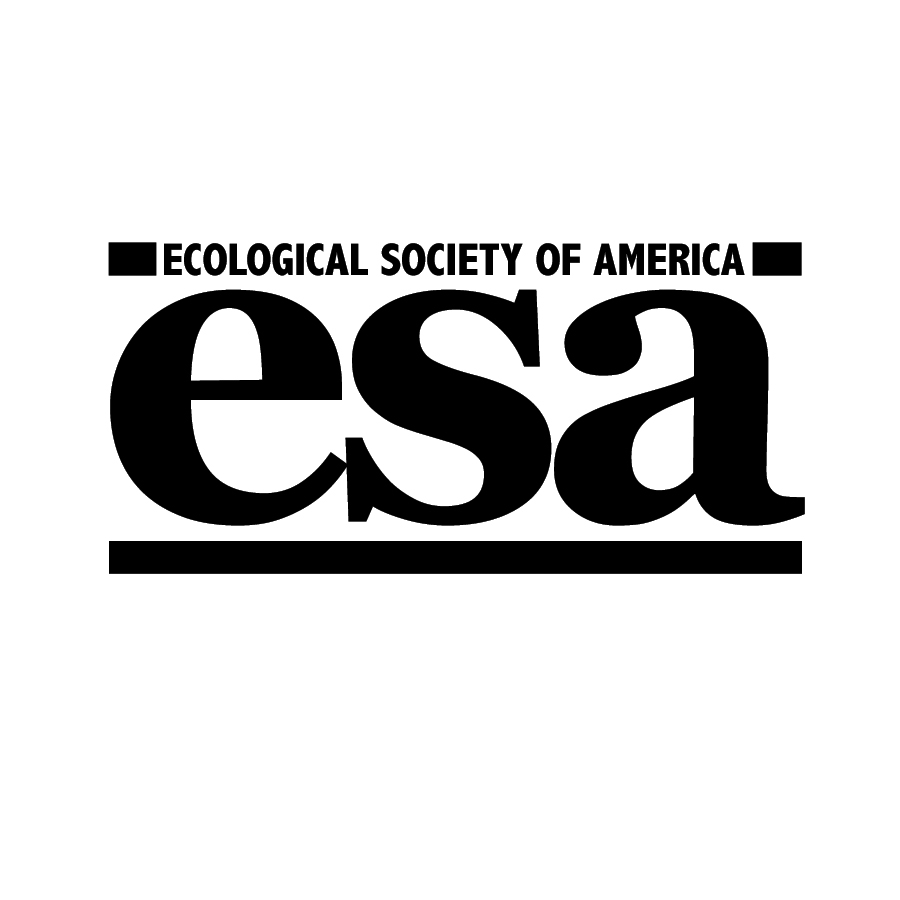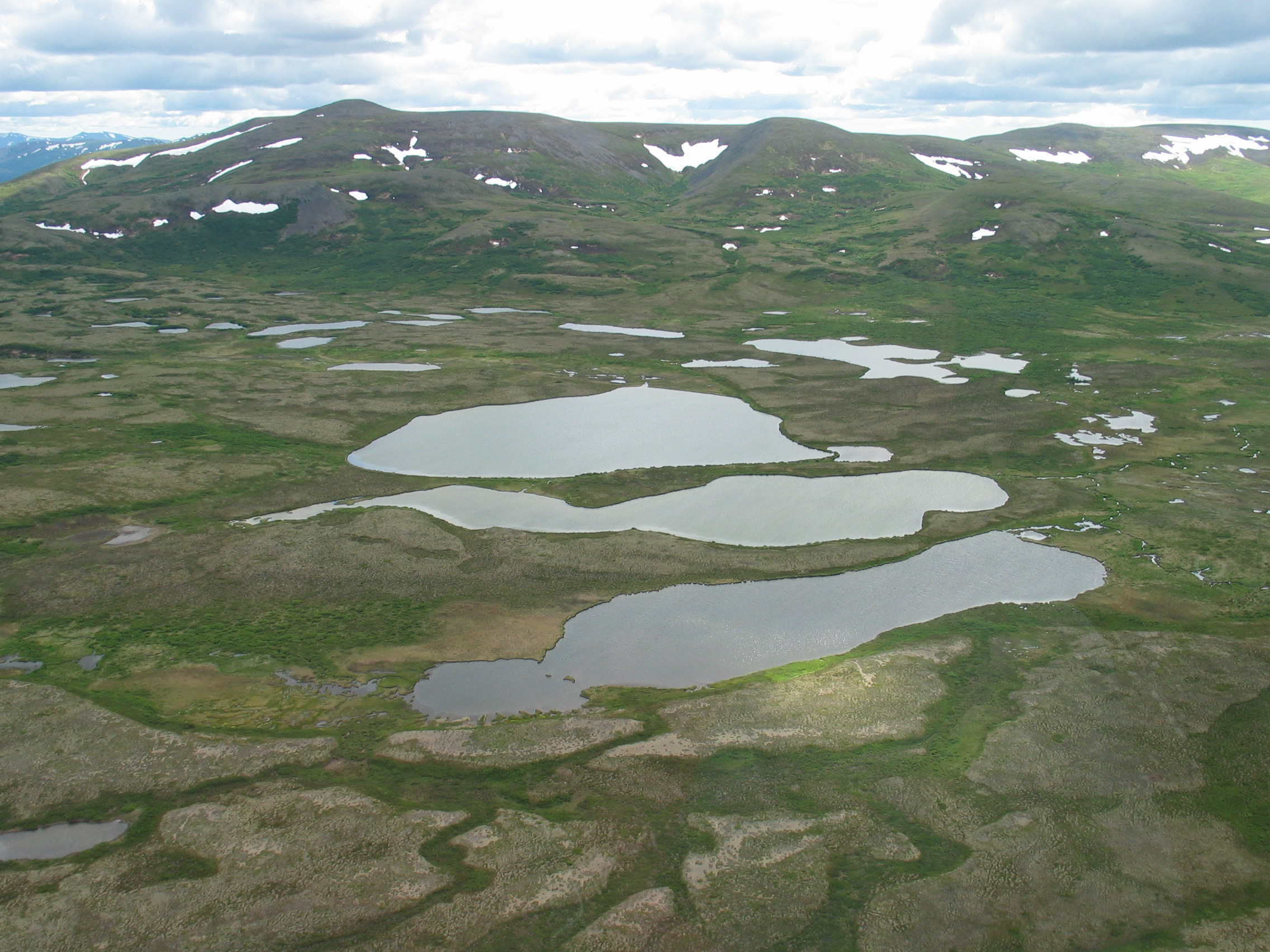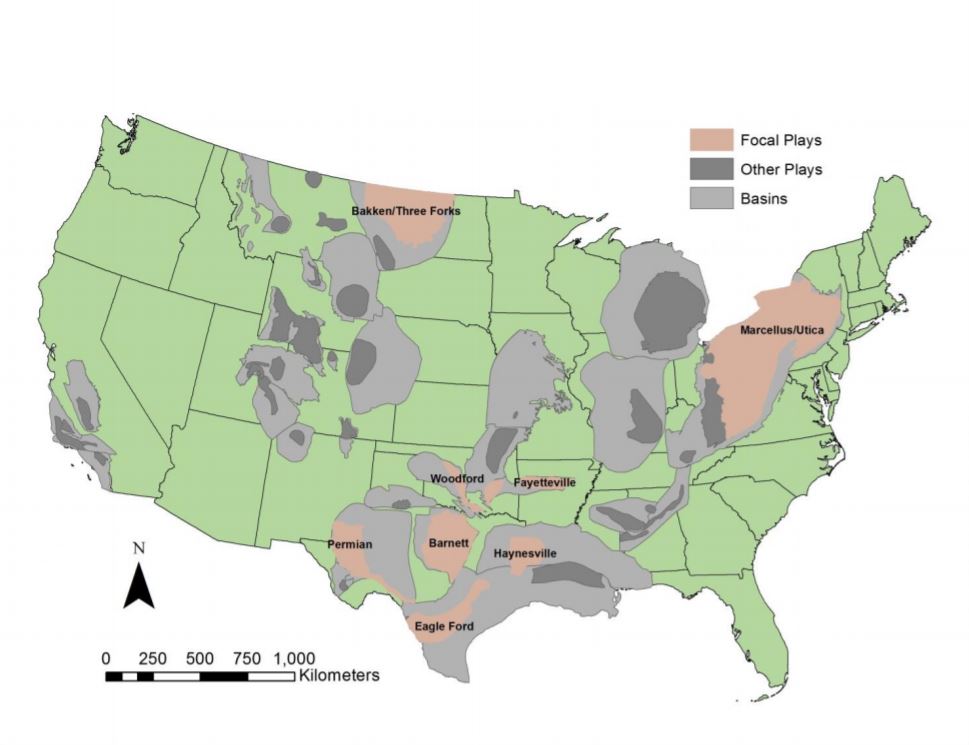
ESA voices concern about EPA’s effort to weaken the Clean Water Rule
Tuesday, December 11, 2018 For Immediate Release Contact: Alison Mize, 202-833-8773 x205, alison@nullesa.org The Ecological Society of America is concerned with the proposed rule issued today by the Environmental Protection Agency (EPA) and the U.S. Army Corps of Engineers to replace the 2015 Clean Water Rule (Waters of the United States Rule or WOTUS). ESA urges the agencies…
